Talk about a silent killer that can be in any home. It can lead to mold and mildew infestation, which can be terrible for your health. This can also diminish your home’s structural integrity. Various factors can cause this dangerous issue, and they’re unfortunately hard to spot.
Water seems harmless; wipe it down and drain it, and you’re okay, right? Unfortunately, thinking that water damage is an unimportant issue is how you’ll get to a stage where the water damage is beyond repair. If you leave water damage in your home, it can deteriorate hardwood floors and even concrete.
You can’t simply repair this kind of issue, especially if the water damage comes from black water. This water is contaminated with animal and human waste. If it seeps into your walls or floors, your home will be unstable and unsanitary. Places like these are likely to be condemned because they’re just too hazardous to live in.
Now that you have the full scope of just how terrible water damage is, you’ll need to know how you can avoid it. There are various causes for water damage. Some people think that water damage can only be caused by floods, but this is incorrect. Water damage and flood damage are different. You can click here to find more information about their differences.
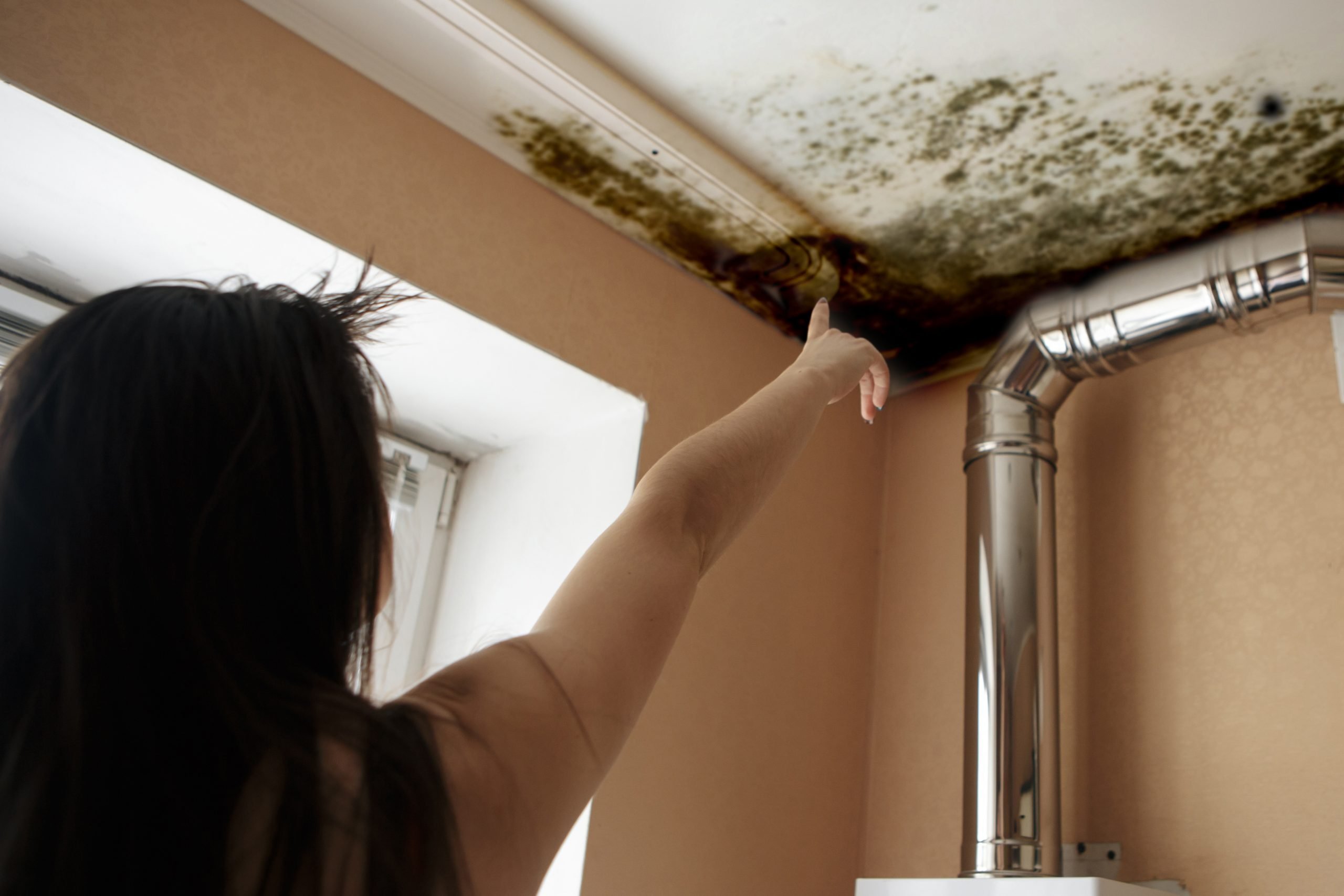
Close-up Of A Shocked Woman Looking At Mold corner
Some causes for water damage can be hard to identify if you don’t know where to look. To make things easier for you, this article has listed the possible reasons behind water damage below.
- Pipe bursts and leaks
Water runs through your home so your bathrooms can function correctly. However, the piping that the water runs through isn’t impenetrable. Sure, they’re leak-proof for some time, but they will eventually rust and have leaks. Plumbers will usually use a pipe camera to see where the damage is, but you can try to look for bulging, blue stains, moisture, cracking, rusting, and bulging.
- Extreme water pressure
Good water pressure is necessary for your home, especially in the showers. But, excessive water pressure shouldn’t be ignored. Extreme water pressure tends to be uneven, and this can cause some severe strain on the pipelines. To learn if the water pressure in your home is too much, get a plumber to measure it for you.
- Gutter clogs
Inspecting for water damage isn’t only limited to indoors. You’ll also need to check your gutters outside to ensure that they’re not storing any water. Clogged gutters can stop water from running down the pipes. If water gets stuck in your gutters, it will seep through the roof and walls, which can lead to water damage inside your house. Make sure to clean your gutters regularly to keep this from happening.
- Inclement weather
Terrible weather, like heavy rainfall and intense winters, can lead to water damage. Heavy storms with strong winds can rip out parts of your roof where the rain can enter. During winter, water can condense into your walls and ceilings, especially since you’ll be using a heater. You can notice more condensation in your home if your home’s insulation is unreliable.
- Damaged appliances
Water can also come from some appliances, such as air conditioning systems, washing machines, and dishwashers. Air conditioning systems collect the condensation into the condensation line. If they’re damaged or clogged, your walls, ceilings, or floors can end up completely soaked. Washing machines and dishwashers are also directly connected to water lines, and if the hose or piping breaks, it may cause a flood.
- Damaged roofing
Another serious cause for water damage is any problems with your roofing. Cracked shingles can lead to leaks inside your home. The issue can be so serious that you’ll have to pull out pans and basins to catch the drips from your ceiling. You’ll need to keep up with your roof maintenance to avoid this from happening.
- Sewer line problems
Sewer lines are the piping that connects to the sewers. Sewer pipes can last for a long time, but they’ll eventually break down or get clogged. When this happens, sewer water can go back up to your drains and toilets. Sometimes, it can even flood and ruin your lawns, which will also damage the structural integrity of your home’s foundation.
Conclusion
Water damage can be mildly irritating at first, but it can cause serious damage to your home when left alone. It’s caused by all kinds of issues that might be tricky to identify, especially if it’s in an area that’s easy to miss. Every homeowner needs to prevent water damage, but you’ll first need to know where to look. The piping, roof, gutters, and appliances are likely to be the causes, but if you’re having trouble finding the sources of water damage, getting an expert will be a huge help.

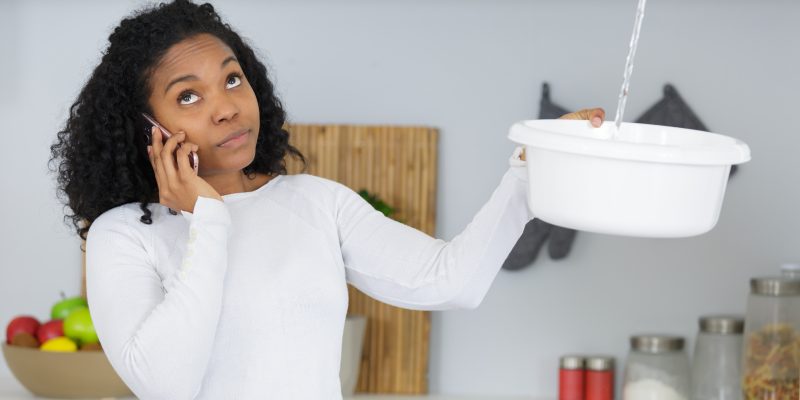

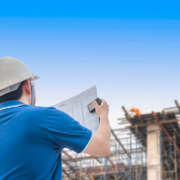
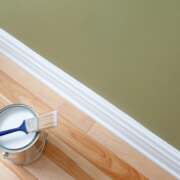

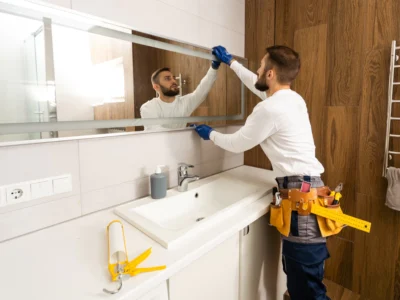



[…] turn off your home’s main water line. Otherwise, your property is at risk of flooding, causing water damage. Look for the main shut-off valve near your water meter and turn it off to stop water from […]